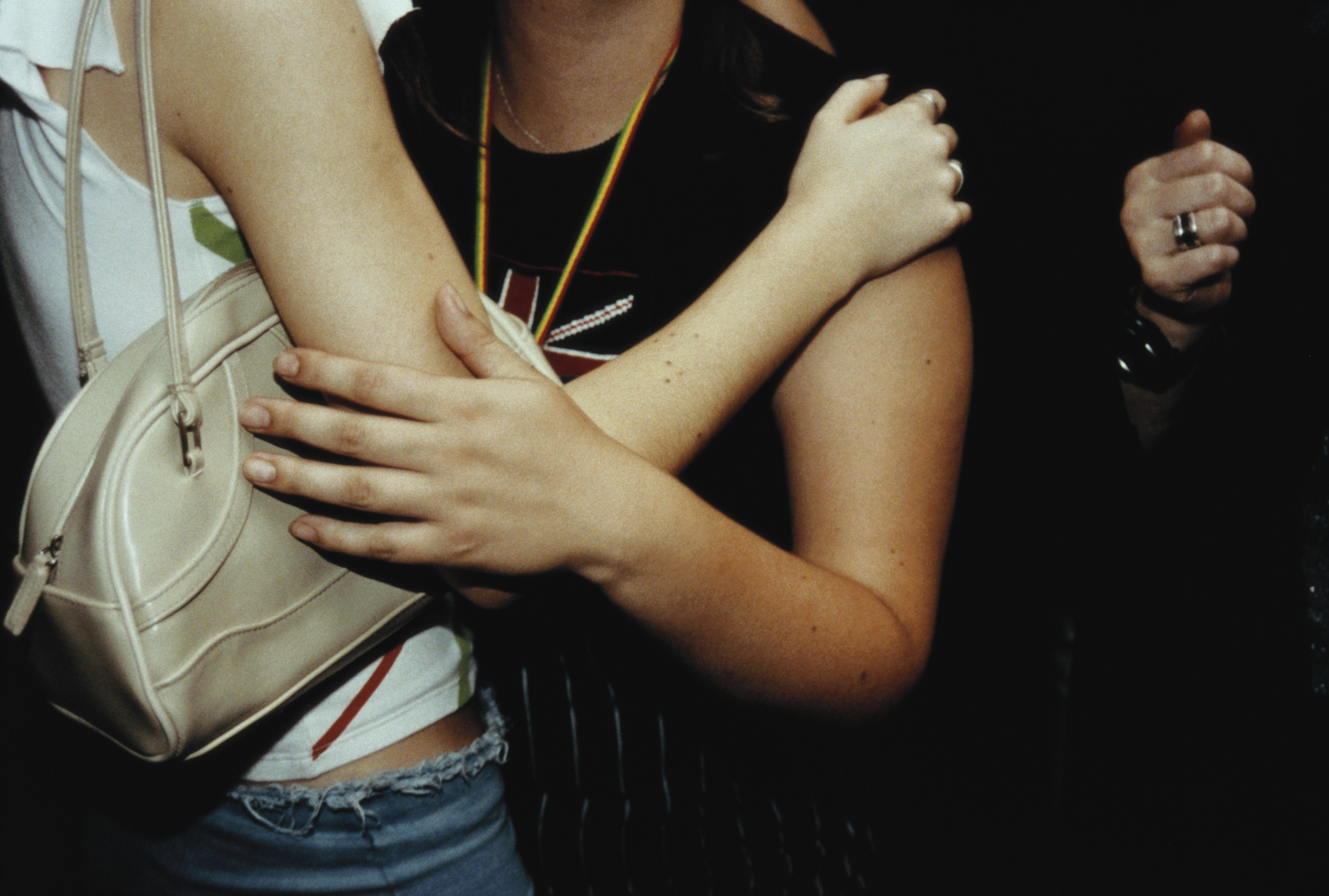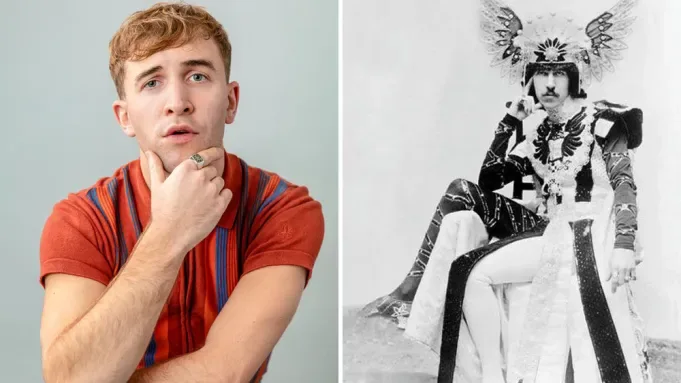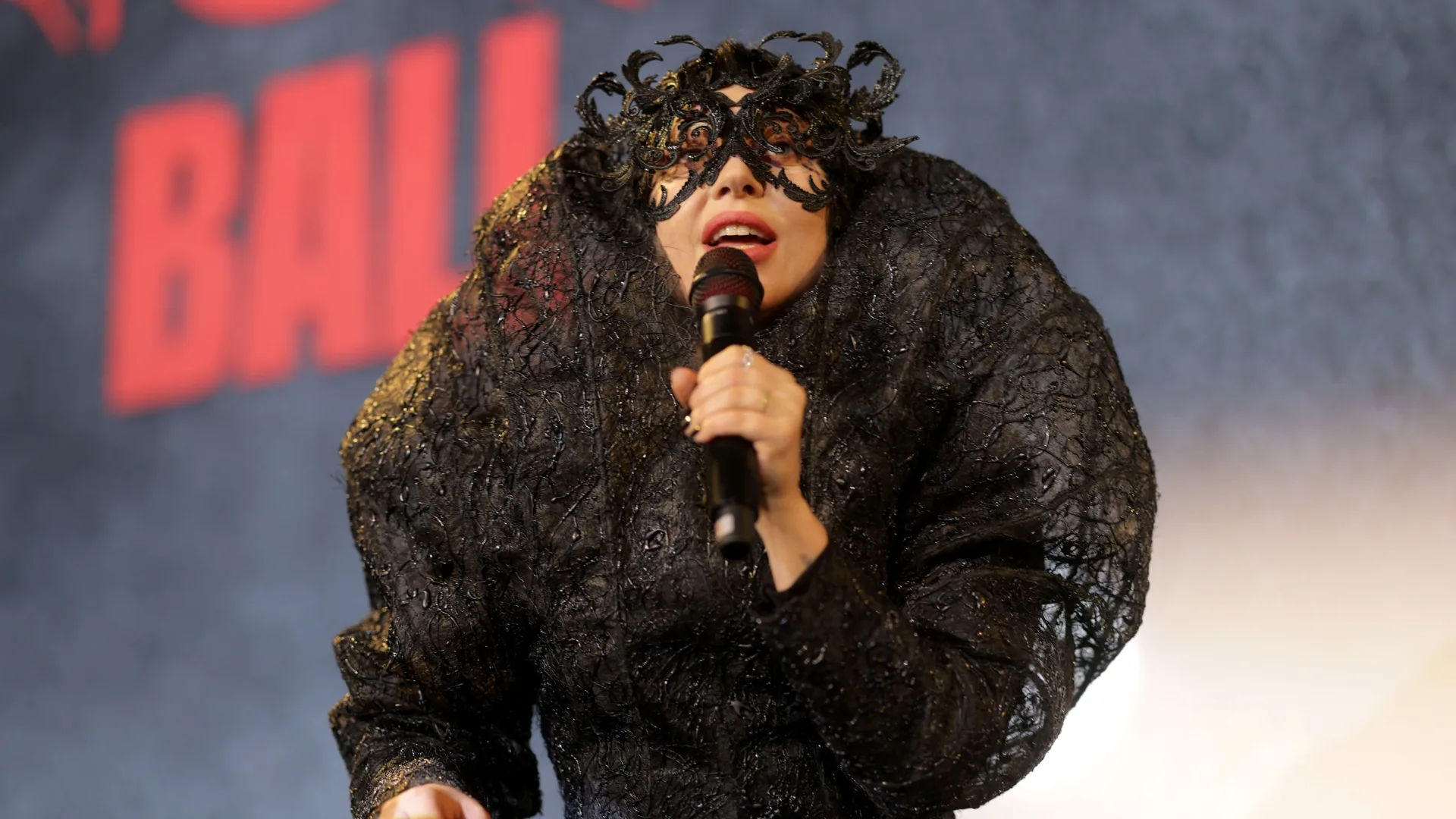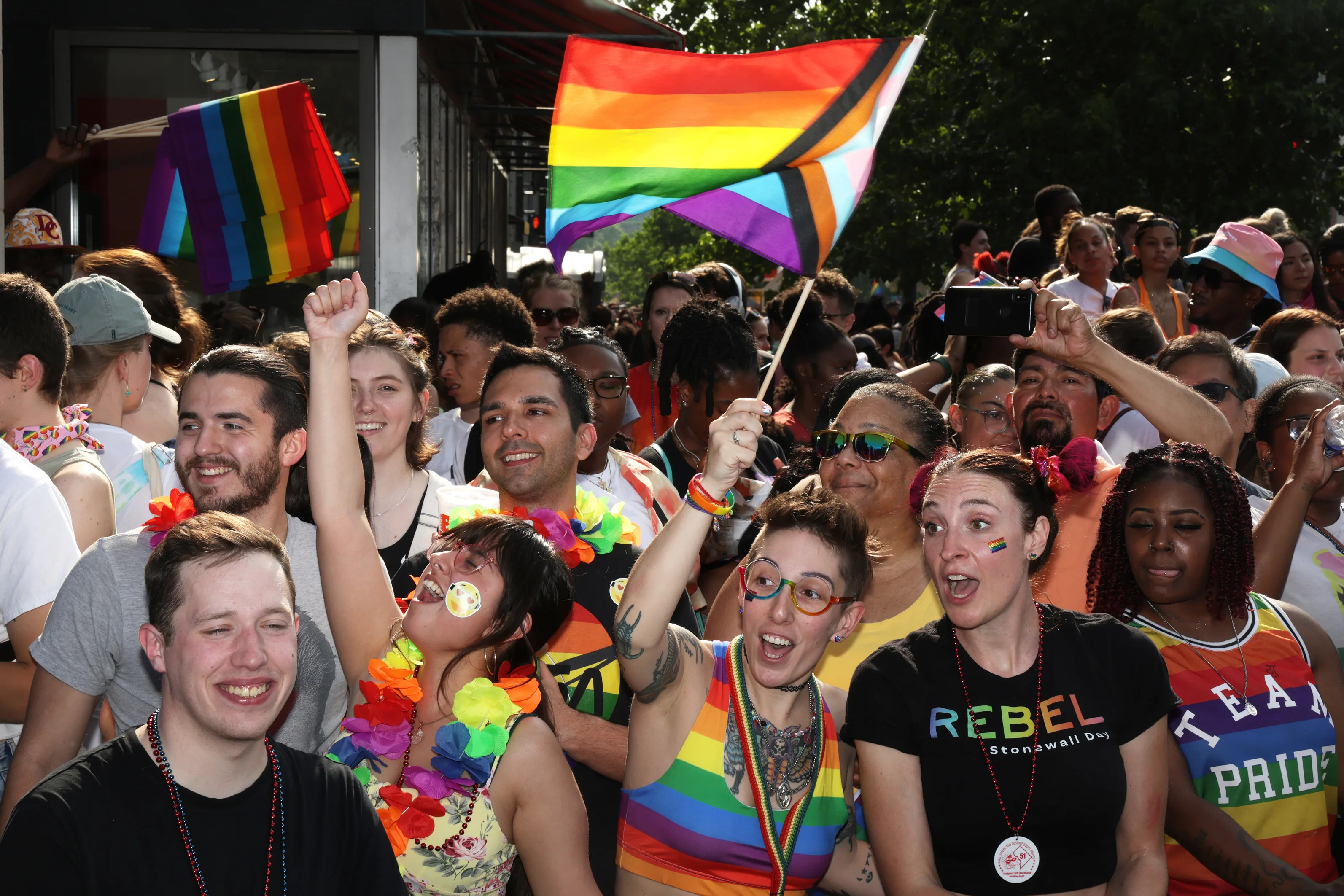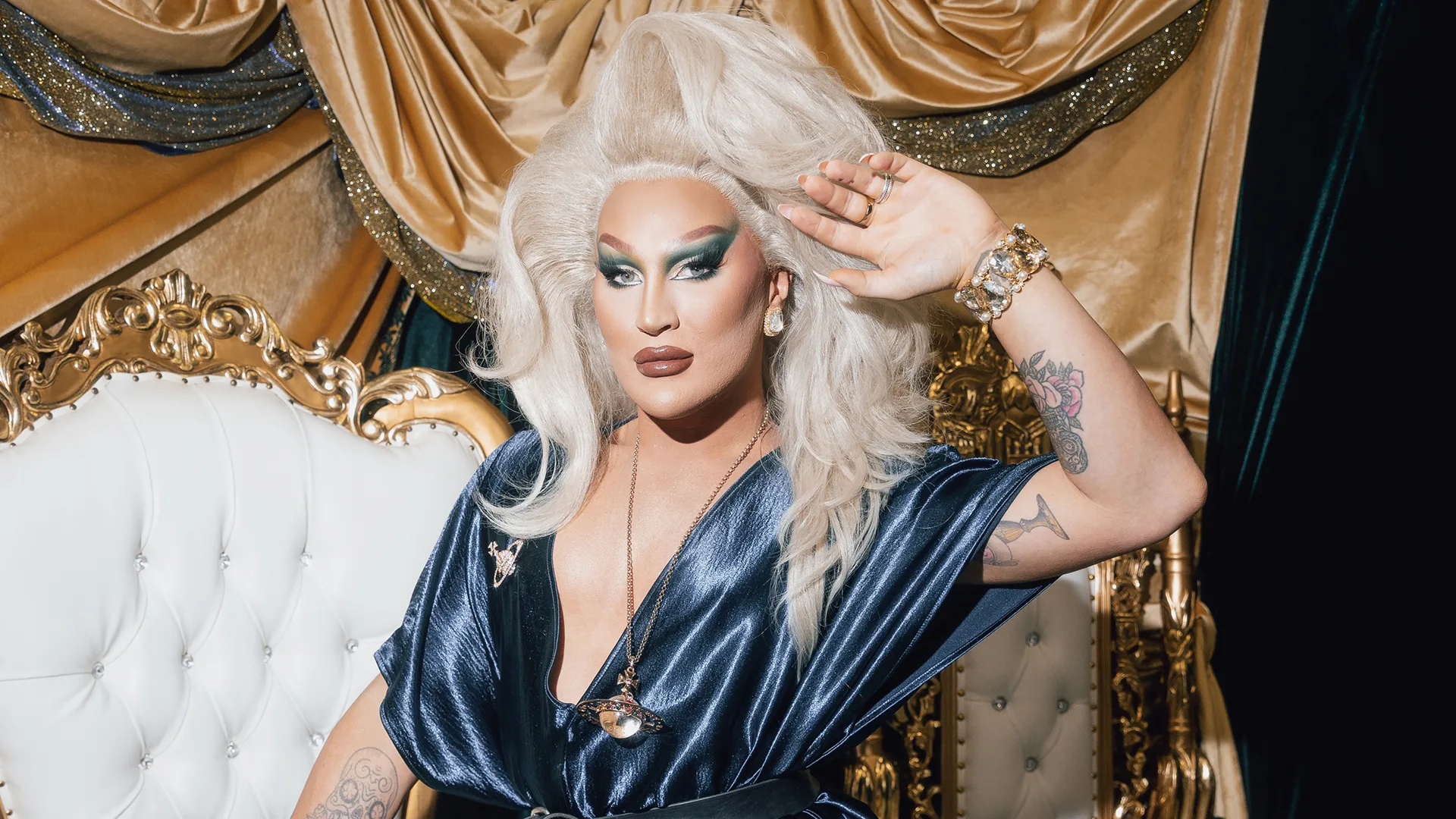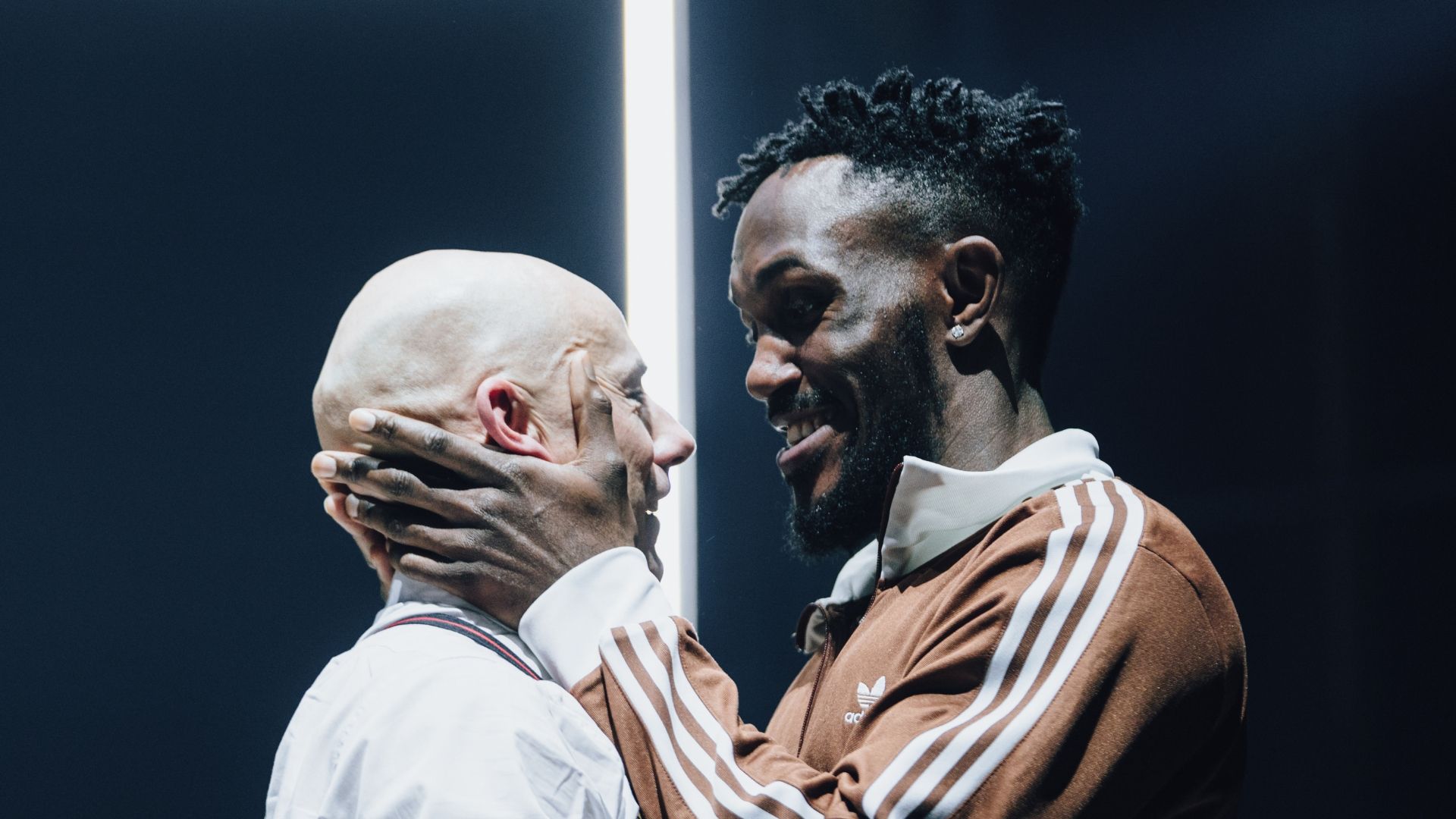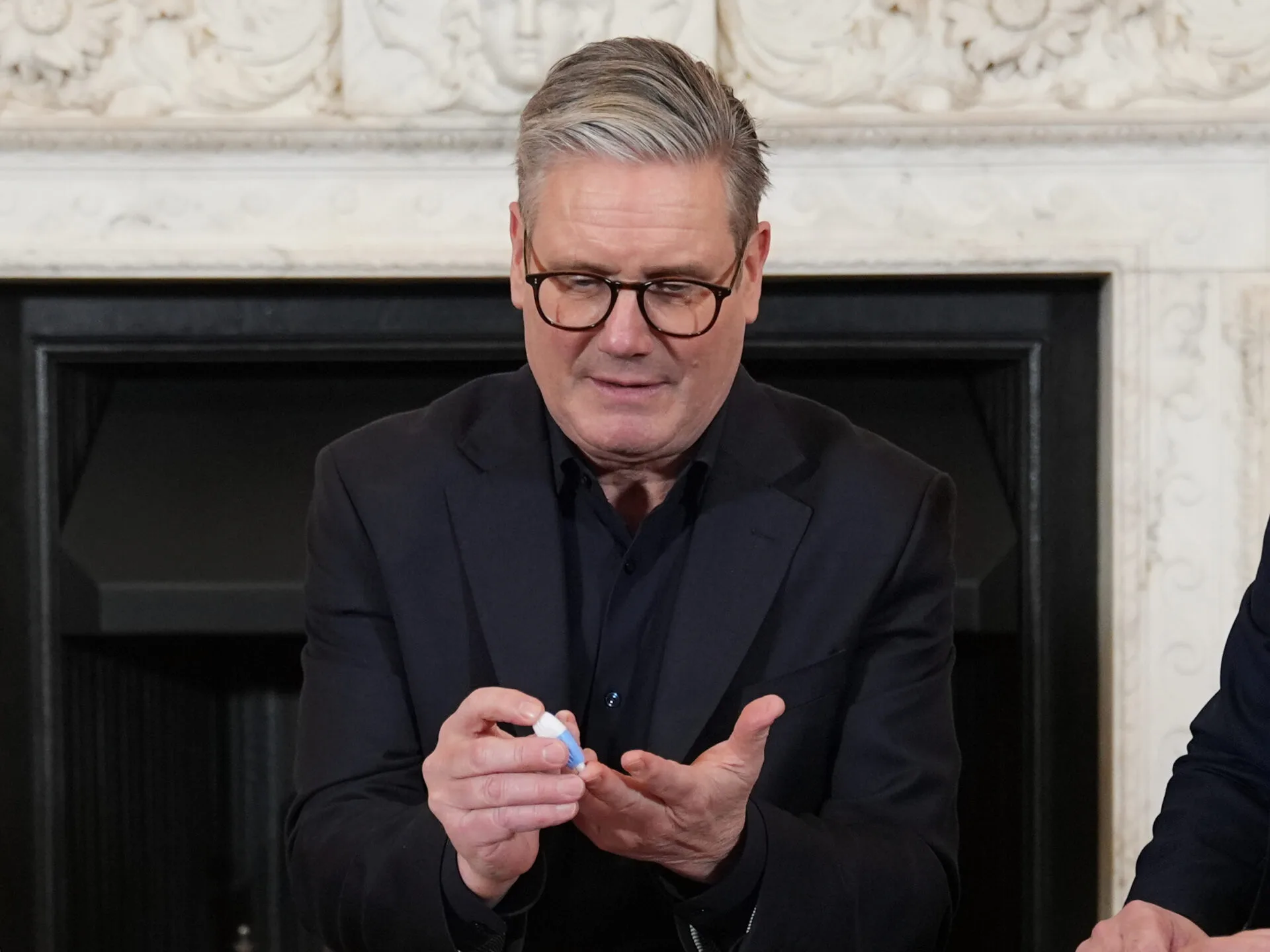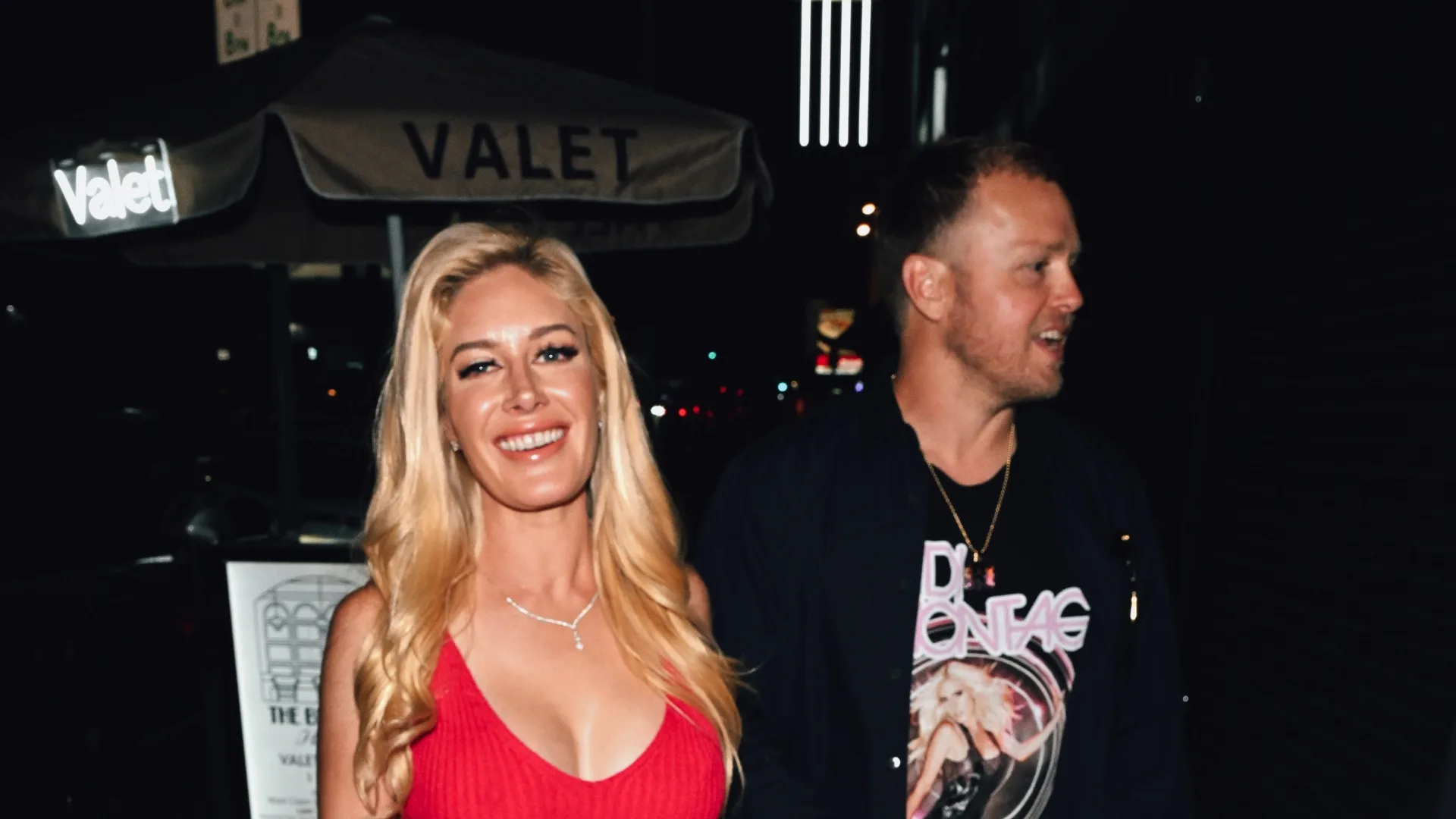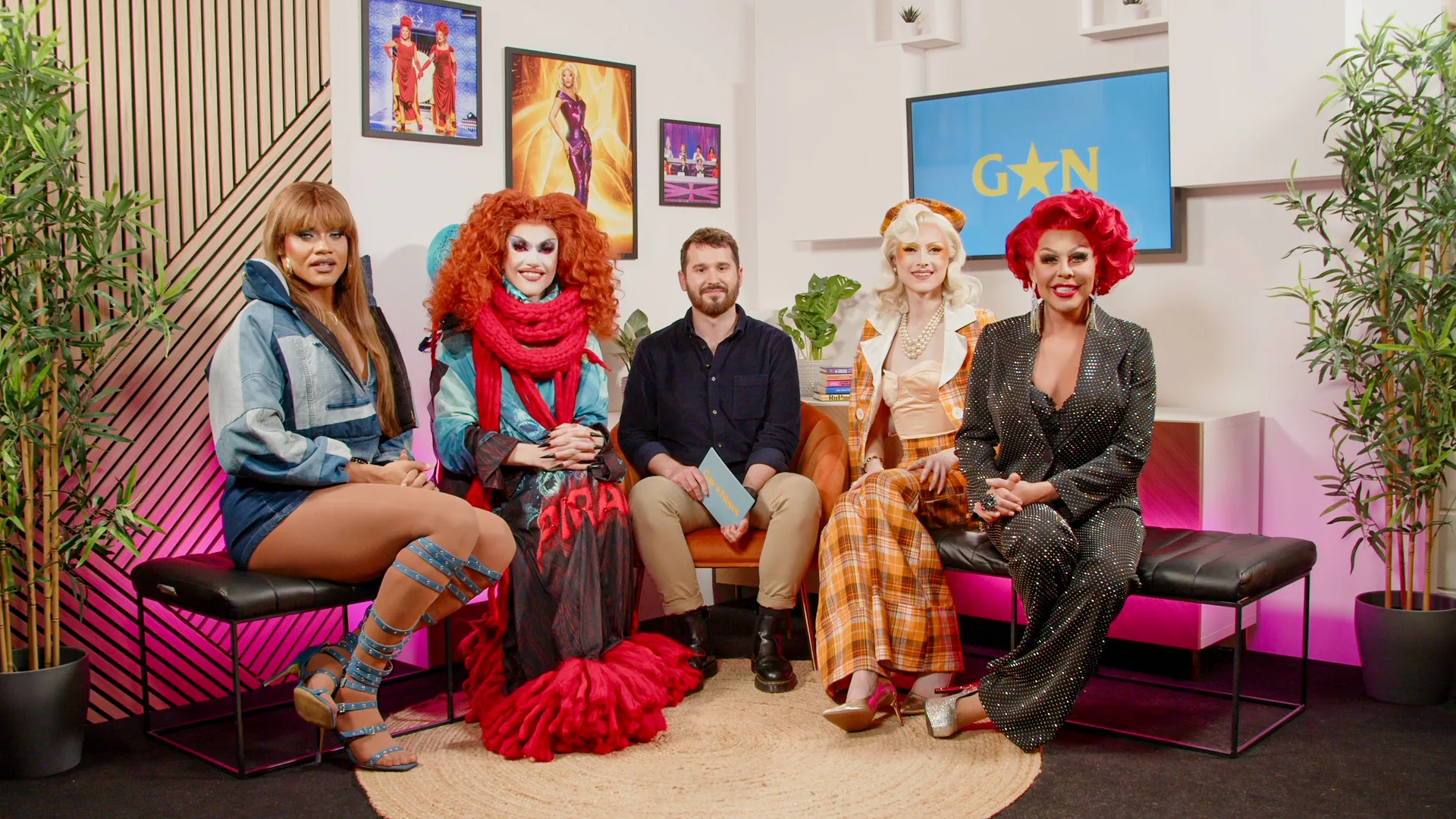Recently, Darren Criss told the crowd at a press conference that he’s been “culturally Queer” his whole life, despite the fact that he is straight and cisgender.
“Not because I’m trying — you know, actually, I was gonna say not because I’m trying to be cool but I’m gonna erase that, because I am trying to be cool. The things in my life that I have tried to emulate, learn from and be inspired by are 100 percent Queer as f**k,” said Criss.
He explained that his San Francisco upbringing of being surrounded by Queer people shaped his cultural outlook, prior to playing openly Gay character Blaine in Glee, a role which he called a “f***ing privilege”.
“It was in Queer communities that I’ve found people that I idolise, that I want to learn something from,” he said. “And I’d say that’s a gross generalisation, that’s a lot of things and a lot of people. But I grew up in San Francisco in the ’90s. I watched men die. There was an awareness of the Gay experience that was not a foreign concept to me. So, it was a narrative that I cared deeply about.”
It was a positive message, but the “culturally Queer” label raised some eyebrows.
Last month, Dannii Minogue had to clarify, “I’m straight and in a long term hetero relationship,” the day after saying that she “identifies as Queer in a weird way.” She said the line was “taken out of context and used as clickbait.”
Both instances raise the question: can a straight person be “culturally Queer”? Or identify as Queer? What’s the line from ally to more?
Here’s the thing about being Queer: you can’t choose. As much as I don’t doubt Darren Criss or Dannii Minogue’s ability to empathise with the Queer experience, or their respective love and admiration for both LGBTQ people and pop music, they are ultimately not going to face discrimination, marginalisation or violence from wider society in their relationships. They won’t experience internalised homophobia or biphobia, or the pain or distress of gender dysphoria.
What differentiates Queerness from straight culture is not only deviance from sexual or gender norms, but that you can’t cherry pick the culture without the fight. It’s important to distinguish contributions to the community made through allyship, and the battle – often with yourself – to live your true identity with Pride. Last year in the US, a record number of anti-LGBTQ bills were introduced in state legislatures. Those bills will not affect straight cisgender people.
It’s also worth noting that Criss has benefited financially from playing Queer characters for almost his entire career. And however great for representation Blaine may have been to the community, ultimately those contributions were a costume, one that he can take off as he exits his trailer.
The very word “Queer” exists on a knife edge. Reclaimed from a slur to a broad term covering those whose sexuality or gender deviates from societal norms, by its intersectionality it conveys a political tone.
So there is some ground we can share. The questioning and dismantling of all power structures once the gate of difference is opened – that is something straight people can participate in. And also, speaking from my own experience; becoming more politically active and entering Queer spaces were all important steps on my “coming out” journey, a notoriously long and complicated process for Bisexual people. So I would never deny a “straight” person who is also on that journey the opportunity to explore and see how the word fits on them, if they’re searching for their place in the community.
In ‘After Sex? On Writing Since Queer Theory’, the gender studies academic Heather Love writes: “Queer is ‘after sex’ in the sense of moving away from both evolutionary claims about same-sex desire and acts, and also from a specific focus on Gay and Lesbian people. These days, Queer is not only also about race, class, gender, ethnicity, and nation, but it is also about affect, citizenship, the death drive, diaspora, digitality, disability, empire, friendship, globalization, the impersonal, indirection, kinship, living underground, loss, marginality, melancholia, migration, neoliberalism, pedagogy, performativity, publicity, self-shattering, shame, shyness, sovereignty, subversion, temporality, and terrorism. The semantic flexibility of Queer – its weird ability to touch almost everything – is one of the most exciting things about it.”
However, she maintains the connection between the political and social implications of Queerness, and its root in sexual and gender identity, even going so far as to distinguish this from the act of sex itself. “I can do without [sex] if I have to. It’s identity I won’t let go of. And in particular – Lesbian identity… It’s hard for me to imagine a form of Queerness that does not maintain its ties to a specific experience of sexual identity. Behind my work on affect, historiography and the social, there is a Lesbian in bed crying.”
If you’re straight but embedded in Queer culture, and find heterosexuality and gender norms oppressive, that’s great – channel that energy and privilege into uplifting Queer people, campaigning and supporting them in times of need. Also – don’t experiment on your Queer friends to work out if you’re Gay or not.
Follow the author in Instagram here.

